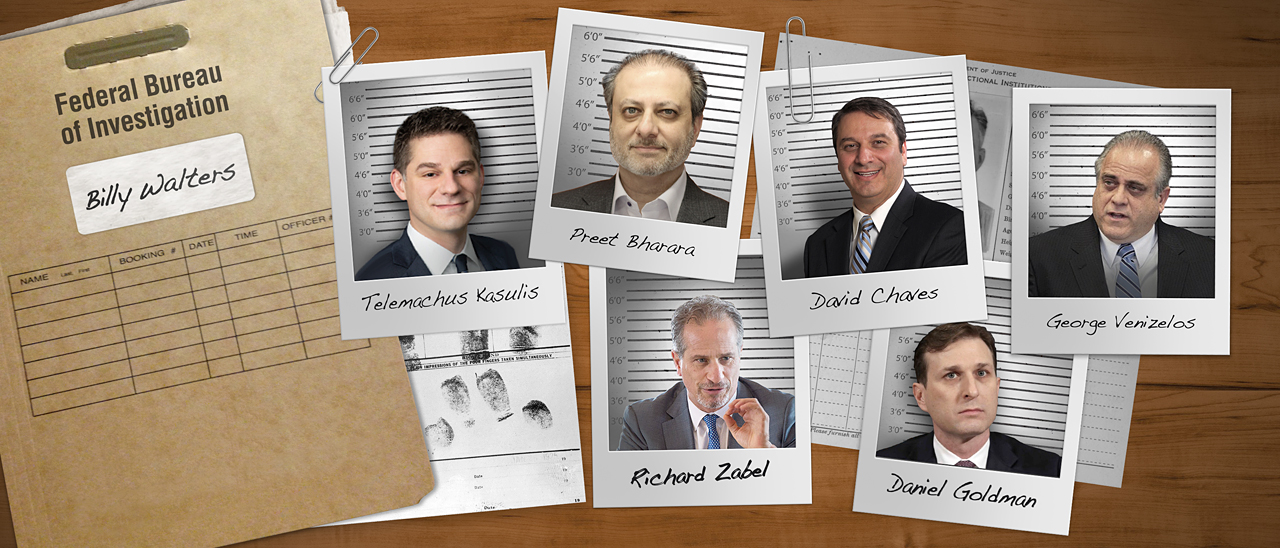With this lawsuit, Walters is asking the Department of Justice for one thing: finally, some measure of justice.
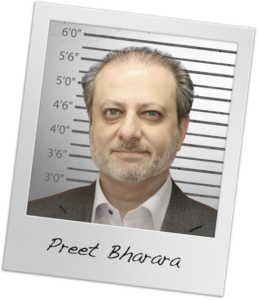
Defendant Preet Bharara, former U.S. Attorney for the Southern District of New York
Bharara’s conspicuous failing as the U.S. Attorney for the Southern District of New York allowed the culture of illegal leaking and unconstitutional investigations—that also ensnared Walters— to fester unchecked for years. Journalists who covered Bharara reported how he used the press to showcase investigations and elevate his own personal profile. He once was admonished by a District Court for his unrelenting pursuit of media coverage. After being fired as U.S. Attorney, Bharara opines about justice and fairness issues as a paid commentator on CNN.
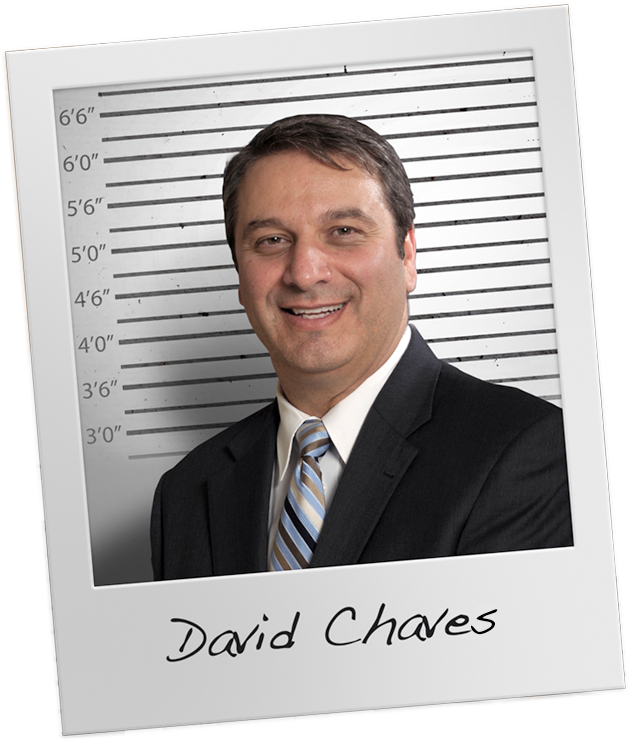
Defendant David Chaves, former FBI Supervisory Special Agent
Chaves deliberately and willfully divulged confidential information about an ongoing secret grand jury investigation. Those illegal leaks, occurring over a period of many months, persisted even after the Department of Justice directly admonished him to cease communicating with the press. Chaves has been implicated in at least a half dozen other reported instances of witness tampering, grand jury leaks, and other illegal and unconstitutional conduct during his time in the FBI’s New York Field Office. He was never known to be prosecuted, cited for contempt, or otherwise disciplined. Instead, he was promoted before retiring—with full benefits—to promote himself as a paid speaker on corporate fraud.
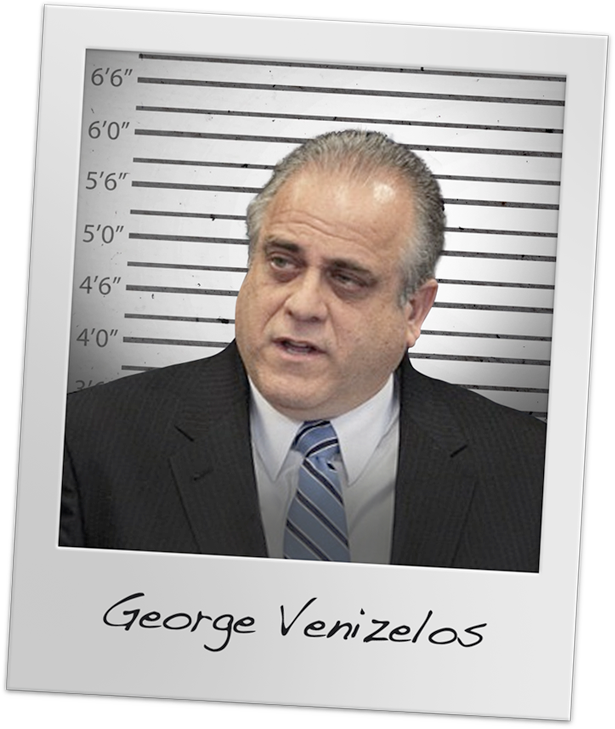
Defendant George Venizelos, former FBI Assistant Director
Venizelos was in charge of the New York Field Office and responsible for assuring legal compliance with the law by employees, including Chaves. Aware of Chaves’ misconduct, Venizelos took no steps to investigate, halt or otherwise remedy the illegal conduct.
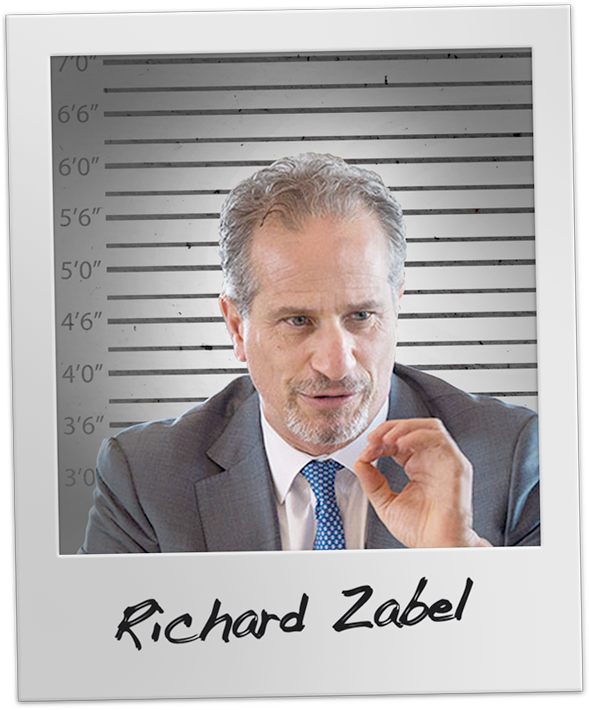
Defendant Richard Zabel, former Deputy United States Attorney
Zabel reported directly to Bharara. Zabel learned of the illegal leaking during the course of the investigation and took no actions to investigate, stop or remedy the leaking. Zabel’s conclusion after learning of the leaks—in which Bharara acquiesced—was that the matter should be kept under wraps.
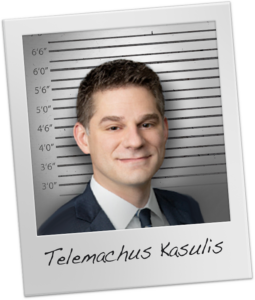
Defendant Telemachus Kasulis, former Assistant United States Attorney
Kasulis oversaw the Walters’ investigation. He learned of the illegal leaking, yet did nothing. When Walters’ lawyers pressed the DOJ to halt the leaks, Kasulis replied: “We completely hear what you are saying. We take very seriously the coverage in the press. We’ll take all precautions we believe are appropriate.” They didn’t.
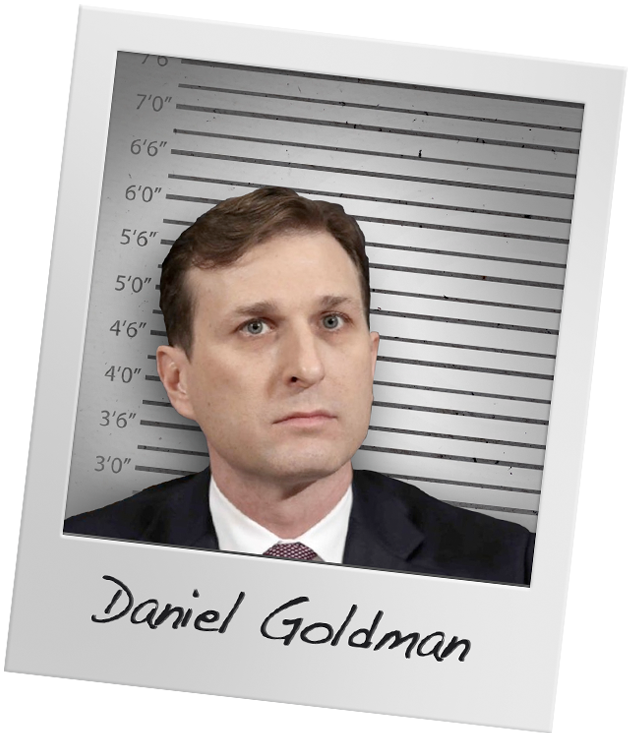
Defendant Daniel Goldman, former Assistant United States Attorney
Goldman eventually investigated the source of the leaks, submitted pleadings containing knowingly false and misleading statements in furtherance of the USAO’s coverup and obstruction of justice, and was one of the prosecutors at the Walters’ trial. Goldman parlayed his experience at the USAO into a prominent legal career, including as legal counsel to the House Judiciary Committee in the impeachment inquiry of President Donald Trump. His Wikipedia page touts his role on the Walters’ prosecution team.
Preet Bharara, the FBI and the corrupted case against Billy Walters
Two federal courts have agreed that the U.S. Department of Justice likely broke the law and then lied about it in its investigation and prosecution of famed bettor Billy Walters. Read court opinions here and here. No one – except Walters – was punished.
Disturbing Facts About the Corrupted Prosecution of Billy Walters:
- To revive a dormant investigation against Walters, FBI Supervisory Special Agent Chaves decided to illegally leak secret grand jury information to the media.
- Prosecutors in the U.S. Attorney’s office – including the boss, Bharara – knew about the leaks and did nothing.
- After taking Walters into custody, federal agents booked him into a suite at the Marriott and ordered him room service so Bharara could hold a press conference the next morning to crow about the arrest.
- When confronted with the leaks in court, federal prosecutors first disavowed knowledge and then did an abrupt about-face in this letter – promising there would be consequences for the perpetrators.
- No one was ever known to be prosecuted or disciplined for illegally leaking secret information.
- A federal judge later described the actions of federal law enforcement as “…in some respects more egregious than anything Walters did…”
Highlights from the Complaint:
“It is no secret that, for years, federal law enforcement agents have used members of the media to promote their investigative agenda through illegal leaks of confidential information. This is the rare case in which the Department of Justice (“Department” or “DOJ”)—after first falsely denying the existence of any such leaks in court papers—was forced to admit on the eve of an evidentiary hearing that illegal leaks had occurred. Moreover, prosecutors also admitted that the source of the leaks was Defendant David Chaves, the senior supervisory agent overseeing all white-collar crime investigations in the New York Field Office of the Federal Bureau of Investigation (“FBI”).
In a remarkable court filing, the DOJ confessed that its agent had systematically fed secret investigative information to reporters at The New York Times and The Wall Street Journal with the intent (and effect) of promoting the investigation into Walters, a prominent businessman, retired sports bettor and philanthropist. The DOJ also admitted that senior officials in the United States Attorney’s Office in Manhattan had knowledge of the leaks in real time and intentionally chose not to investigate the illegal activity for 2½ years—in derogation of their mandatory duty. The failure to intercede for so long is all the more reprehensible because only a few FBI agents had access to the leaked materials and the primary culprit (FBI Supervisory Special Agent Chaves) confessed as soon as he was eventually interviewed.”
“One of the most stupefying facts about this wholesale breach of the confidentiality of information in the Walters investigation is that it could have been easily prevented if Bharara, Zabel, Kasulis, or Venizelos had honored their legal responsibilities. Each defendant knew almost a month before the first leaked story appeared that a Wall Street Journal reporter was receiving confidential information about the investigation. And they had to know that Chaves was a likely suspect, since Defendants also knew, or should have known, that Chaves had previously leaked confidential investigative information to the media. See ¶ 130, infra. Yet, not only did these Defendants do nothing, not interrogate Chaves, and not remove him from the investigation, they actually cooperated with journalists from The New York Times and The Wall Street Journal, thereby facilitating the deluge of ensuing leaks that benefited the prosecutors. It is difficult to reach any conclusion other than that these Defendants willfully turned a blind eye to Chaves’ illegal conduct.”
“Within the DOJ, the Southern District of New York has long been a hotbed of official corruption, with widespread use of leaks and negative publicity to secure convictions and promote the careers of prosecutors such as Bharara, Zabel, and Assistant United States Attorneys Telemachus Kasulis and Daniel Goldman, and FBI agents such as Chaves and Assistant Director in Charge of the New York Field Office George Venizelos. In connection with the Walters case, The Wall Street Journal opined about “a pattern of troubling behavior and a problematic culture inside Mr. Bharara’s old shop.”
During his tenure as U.S. Attorney for the Southern District of New York, Bharara was a notorious media hound. Bharara’s personal intervention in the arrest of Walters demonstrates the extreme lengths he went to covet publicity for himself and use the media to his own advantage. Walters was taken into custody in 2016 by a team of FBI agents in Las Vegas, Nevada. The agents didn’t book Walters into a federal detention facility per standard procedures (or even perp walk him in front of waiting television cameras). Instead, they drove Walters 15 miles to the JW Marriott Las Vegas Resort & Spa, where they put him up overnight in a one-bedroom suite with five federal agents and ordered him room service—all at taxpayer expense. Walters had a simple question for the agents: Why am I here? They explained that Bharara had scheduled a press conference the next morning to crow about the arrest and did not want the local media to scoop him. The next day, Walters was taken to a federal intake facility after Bharara held a Manhattan news conference and issued a press release announcing the arrest. In the release, Bharara said “we don’t let corruption stand.” Yet that is exactly what happened here: Bharara let stand corrupt and illegal behavior by FBI agents and his own team of prosecutors so they could build their case against Walters.”
“In the event of any leaking of grand jury information to the media or anyone else, the USAO is obligated to investigate promptly and thoroughly to determine the source of the leaks and prevent future unauthorized disclosures. This is not a discretionary obligation. The viability of the grand jury process—and the public’s confidence in its deliberations—mandate that wrongdoers be identified and prosecuted.”
“This pattern of misconduct not only damaged Walters but undermined the constitutional assurance of the fundamental fairness of the federal criminal investigative apparatus. Citizens suspected of crimes by federal officials have a constitutional right to be treated fairly.
This lawsuit is Walters' last hope to expose the criminal misconduct by Chaves and the cover-up organized by his superiors—Bharara, Zabel, Venizelos, Kasulis, and Goldman. These Defendants were legally obligated to immediately investigate, prevent, and plug the leaking of confidential investigative information. In his pursuit of justice, Walters hopes that his fellow citizens will also benefit from exposing the systematic lawlessness of those sworn to uphold the law and the Government’s failure to punish wrongdoing of its own.”

